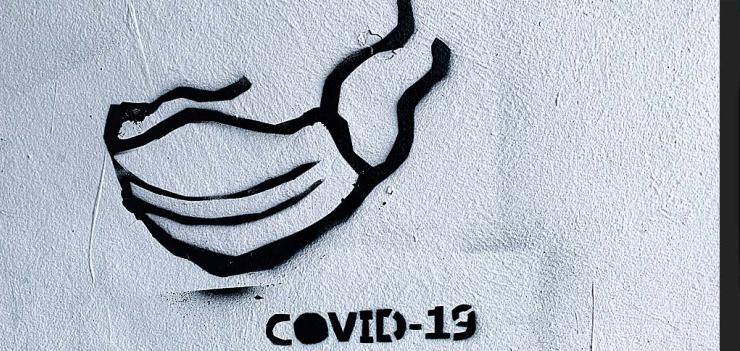As in other historical and existing public health crises, vulnerable groups are disproportionally shouldering the burden of the COVID-19 pandemic. At the same time, underlying inequalities are often exacerbated in emergencies, and the current pandemic is no different in that respect. For both of these reasons, inequalities must be taken into consideration in designing prevention and response efforts to the COVID-19 pandemic.
In the United States, among other countries, differences in socioeconomic factors can lead to differences in access to healthcare; paid sick days; quality of care available; ability to work remotely; access to enough available cash to have the ability to stock up on food, medicine, and supplies; and even access to testing in some cases; which in turn can contribute to disparities in health outcomes.
In particular, race and racism are critical in understanding COVID-19 health and economic disparities. Deep-seated structural racism has contributed to social, economic, and environmental factors that lead to worse health outcomes among communities of color. Additionally racist and xenophobic reactions to the pandemic have led to violent attacks, hate speech, avoiding businesses and restaurants, and countless other forms of discrimination against Asian people and people of Asian descent.
Although anyone may suffer from COVID-19, it is clear that at a population level the differences in both health outcomes and economic consequences follow deeply entrenched inequalities. In order to effectively bring the COVID-19 pandemic under control, mitigate the pandemic’s worsening of existing disparities, and combat the upsurge of xenophobia, decision makers cannot ignore how social determinants shape the way the pandemic affects different groups differently. It is within everyone’s best interests to curb the spread of the COVID-19 pandemic and shape our societies to be more resilient to future pandemics, and adequately addressing the underlying structural inequalities will be crucial in doing so.
In an effort to share ideas, approaches, and concerns with our counterparts and colleagues around the world, the East-West Management Institute, Inc. (EWMI), a non-profit organization based in New York with a mission to strengthen civil society and promote the rule of law, has compiled a collection of articles, webpages, and resources that provide guidance and information on approaches, tactics, and tools that civil society actors in the United States and other countries are using or could use to respond to the pandemic. These materials, which can be found on the EWMI COVID Resources page, cover issues related to the effects of social inequality, race, racism, and xenophobia during the COVID-19 pandemic.
We hope that you find this information useful. Our goal is post periodic updates for as long as the information is helpful and relevant. If you are aware of additional articles, materials or training opportunities that you would like to see added to this resource, please submit them to Alexandra Zenoff, Senior Program Manager, azenoff@ewmi.org.

